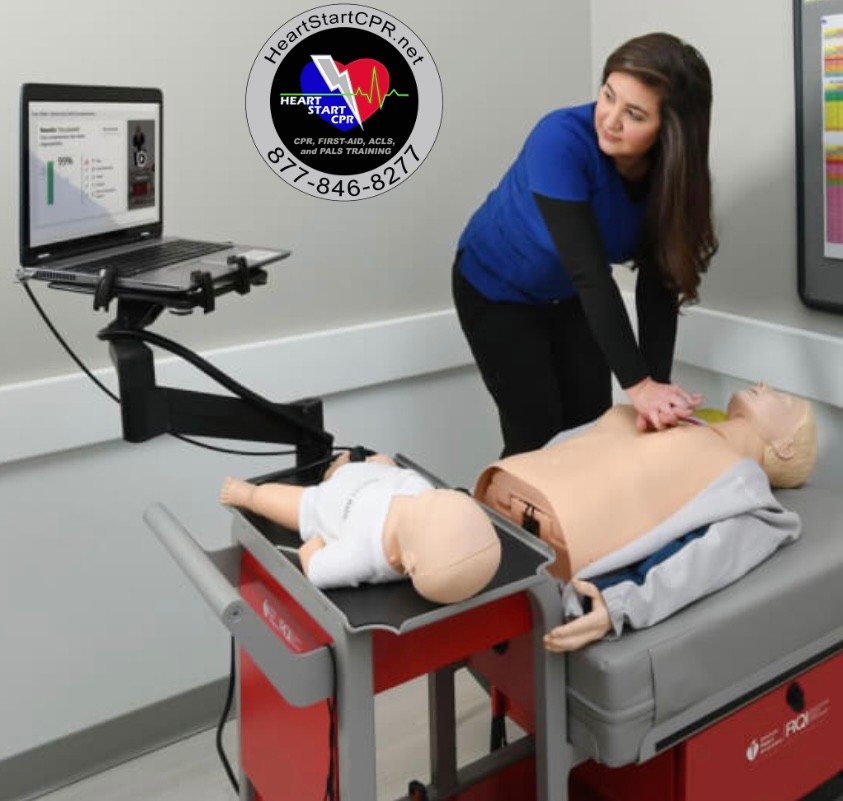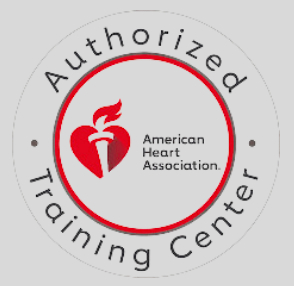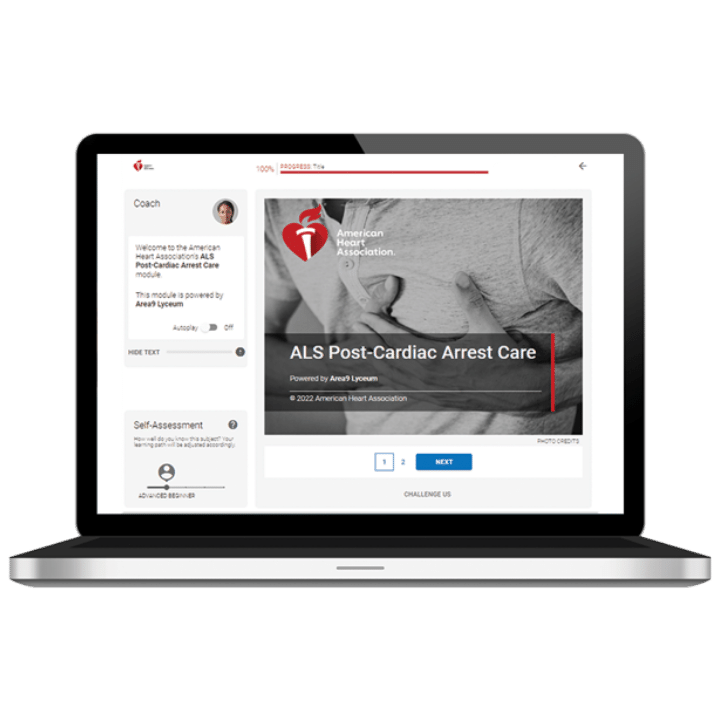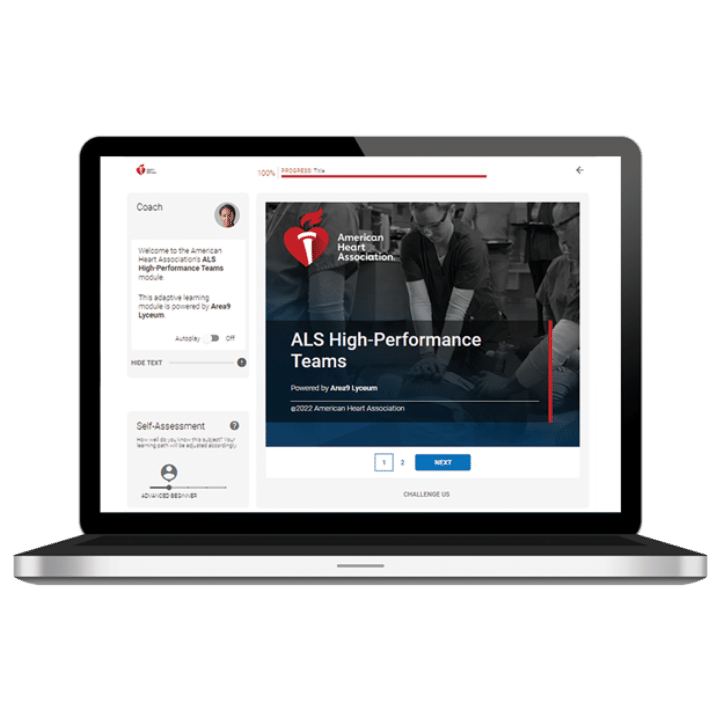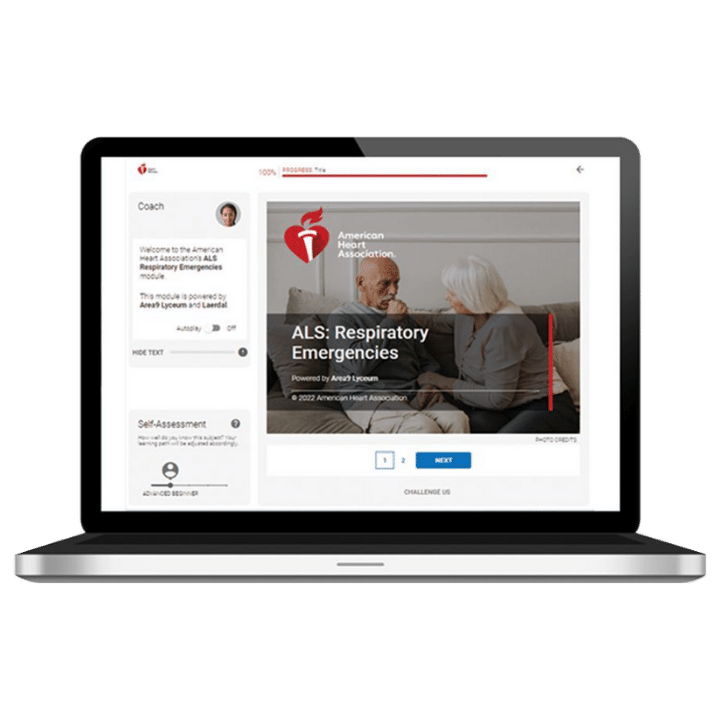
ALS: Respiratory Emergencies Module
The AHA ACLS Respiratory Emergencies Module is a vital part of advanced life support training, teaching healthcare professionals to recognize and treat critical respiratory conditions effectively. It covers various emergencies, including asthma, anaphylaxis, and complex cases like pulmonary embolism, ensuring swift and confident responses in life-threatening situations.





Module Overview
The AHA ACLS Respiratory Emergencies Module is a crucial component of advanced life support training, designed to equip healthcare professionals with the knowledge and skills necessary to recognize and effectively treat a range of critical respiratory conditions. These emergencies encompass a spectrum of life-threatening situations, from severe asthma and cardiogenic pulmonary edema to anaphylaxis and peri-intubation arrest.
The respiratory emergency module provides comprehensive guidance on the assessment, diagnosis, and treatment of these conditions, ensuring that healthcare providers can respond swiftly and confidently. It also covers the management of complex cases, such as pulmonary hypertension due to pulmonary embolism, noncardiogenic pulmonary edema from narcotics overdose, pneumonia with ARDS, and the ever-evolving challenges posed by novel influenza outbreaks. By delving into these topics, the AHA ACLS Respiratory Emergencies Module equips healthcare professionals with the expertise needed to save lives in critical situations.
Course Modules
The AHA ACLS Respiratory Emergencies Module aims to equip healthcare professionals and first responders with the knowledge and skills needed to identify, assess, and effectively manage various respiratory emergencies. This module will cover:
#1 Severe Asthma
- Understanding the pathophysiology of severe asthma attacks
- Recognizing signs and symptoms
- Initiating prompt treatment with bronchodilators and corticosteroids
- Monitoring the patient's response and adjusting treatment as needed
#2 Cardiogenic Pulmonary Edema
- Exploring the causes of cardiogenic pulmonary edema
- Identifying characteristic clinical features
- Administering diuretics and nitroglycerin as appropriate
- Monitoring vital signs and oxygen saturation
#3 Anaphylaxis
- Defining anaphylaxis and its triggers
- Identifying the rapid onset of symptoms
- Administering epinephrine and antihistamines
- Managing airway and breathing difficulties
#4 Peri-intubation Arrest
- Recognizing the risk factors for peri-intubation arrest
- Preparing for intubation and addressing potential complications
- Administering appropriate medications and optimizing ventilation
- Maintaining vigilance during the post-intubation period
#5 Pulmonary Embolism
- Understanding the pathophysiology of pulmonary embolism
- Recognizing the signs and symptoms
- Initiating anticoagulant therapy and supportive measures
- Monitoring for complications like right heart strain
#6 Noncardiogenic Pulmonary Edema
- Exploring the causes of noncardiogenic pulmonary edema
- Identifying clinical manifestations
- Implementing treatments, including positive pressure ventilation
- Evaluating oxygenation and managing fluid balance
Intended Audiences
This module is dedicated to personnel in various healthcare settings, including:
- ED Physicians
- CC Physicians
- NPs/APNs
- Hospitalists
- PAs
- ED/CC Nurses
- Paramedics
Interested in Onsite ACLS Training?
Contact us or click the link below if you’re interested in onsite training. Heart Start CPR offers on-site training for corporations, small businesses, schools, and healthcare facilities. On-site courses are offered using the American Heart Association or American Safety and Health Institution curriculum.
**Note: We also offer online courses for ACLS Online Training
RELATED COURSES
Join our online AHA PALS Plus courses. These courses are intended to train physicians, nurses, doctors, and other medical professionals.

